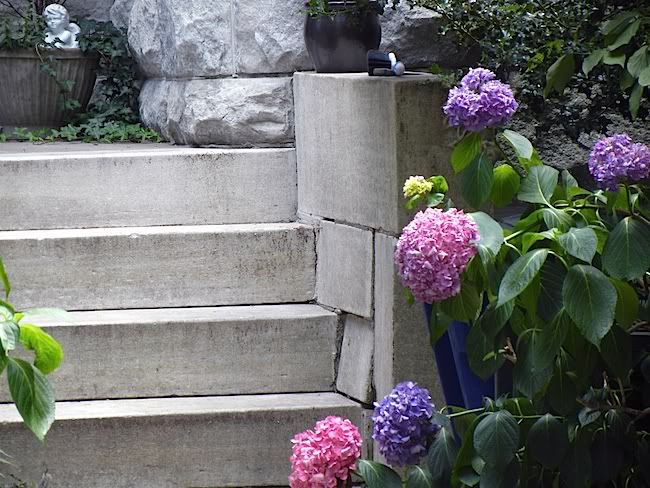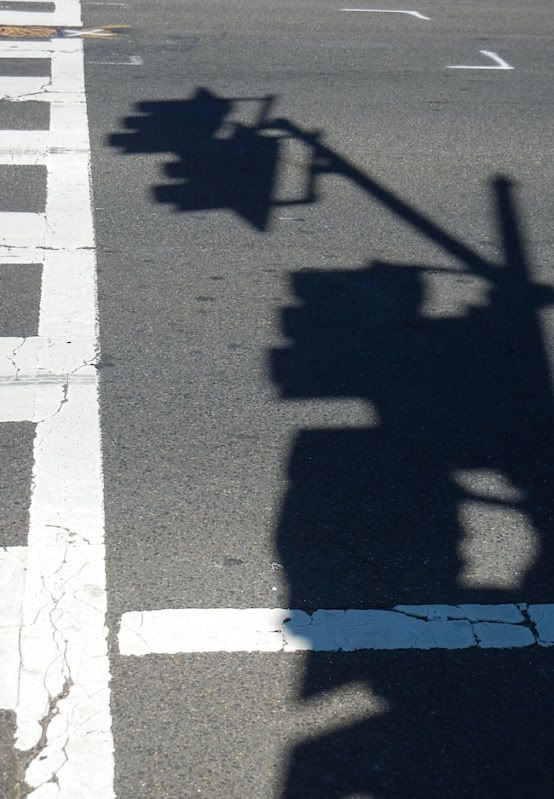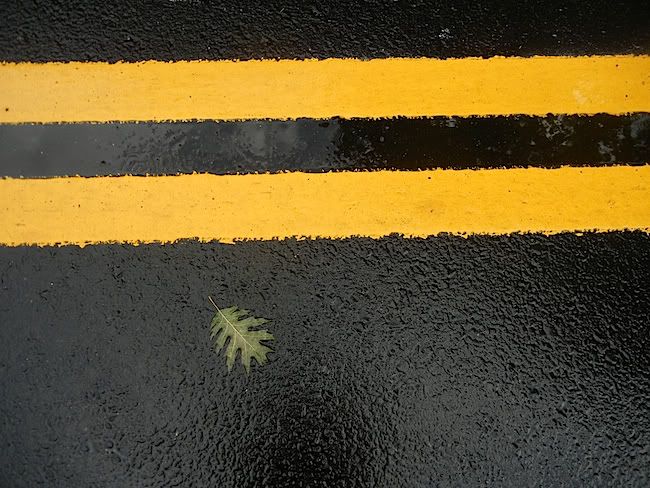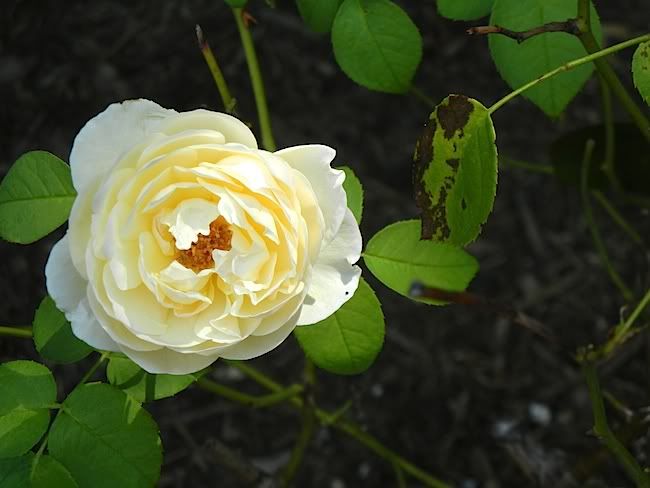
I frequently see stories about bad self esteem in girls, adolescents and grown women. I'm sure it's a problem for men as well.
The people who write these stories bemoan the sorry state of affairs, but the truth is, our culture upholds and encourages poor self esteem. We celebrate everything that diminishes us and are embarrassed by every situation in which we are expansive. Codependence requires situations in which one person diminishes herself while others pump her up, reassure, and such.
For example:
Person A: I'm so stupid!
Person B: No! You're not stupid!
Person A: I am. I'm stupid and worthless.
Person B: No you're not.
This maddening exchange can go on for awhile.
Imbalanced, unhealthy interactions like the above take place all the time. We (the codependent, I mean) reward those who put themselves down by taking responsibility for their self loathing so they don't have to do the hard work of coming into a more realistic understanding of themselves. I've done it, I do it often - I try not to, but it happens.
We're repulsed by decent, normal, balanced self esteem. For instance:
Person A: I aced the exam! I'm so proud of myself. I worked really hard, and that work paid off.
Person B: (ahem) ... Uh. Yeah. Great. (said with no enthusiasm whatsoever.)
Or sometimes Person B will turn it around by berating themselves to (unconsciously) coerce Person A into being the codependent.
Person B: I know! You're SO smart. I could never ace that test!
Person A: You could too!
Person B: No - I'll never be as smart as you.
Person A: Yes you are!
Now the conversation is no longer a celebration of the hard work of person A. Very sad.
Even our physical bodies are supposed to be in a constant state of deflation. When someone wants to extend a compliment, it's common for her to say, "Have you lost weight? You look great!" Whenever anyone says that to me, I respond by saying, "Actually, I've gained weight. Thank you!" Ha. You should see the looks on their faces. It's evil, but I can't help it. Try it sometime - it's hilarious.
I often wonder how the hell we're supposed to cultivate balanced self esteem when everything about our culture supports just the opposite. It's like swimming upriver against a very potent current. It's no wonder we flop around.
One of the wonderful things about the practice of Reiki is that it cultivates trust at every level. Receiving Reiki is not the perfect cure for poor self esteem, but it lays the foundation for a balanced sense of self by giving the receiver a sense of trust in the world as well as of themselves and whatever process they are currently navigating.
Can you imagine how much I would love to work with girls in their tweens? Not only would I do sessions of Reiki with them, but I'd like to teach them, attune them, so they can administer Reiki to themselves, each other, their pets, etc.
I relish the idea of empowered, Reiki attuned teenagers. Wow. Wouldn't that be cool?
May you dwell in beauty, balance and delight. May it be so. Shalom.






